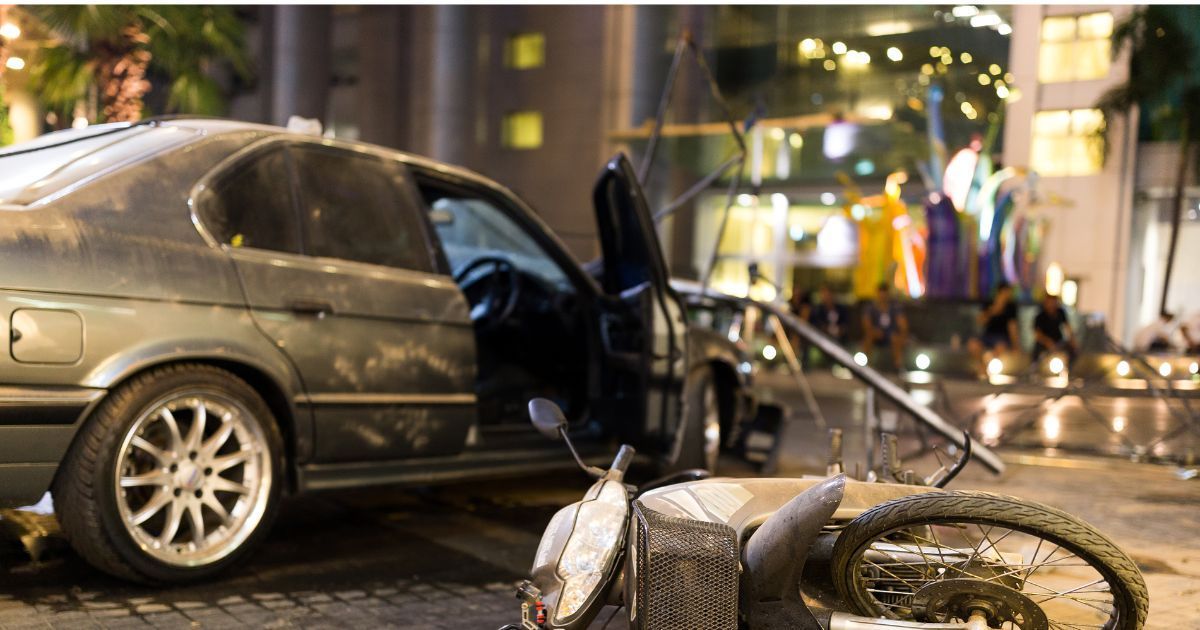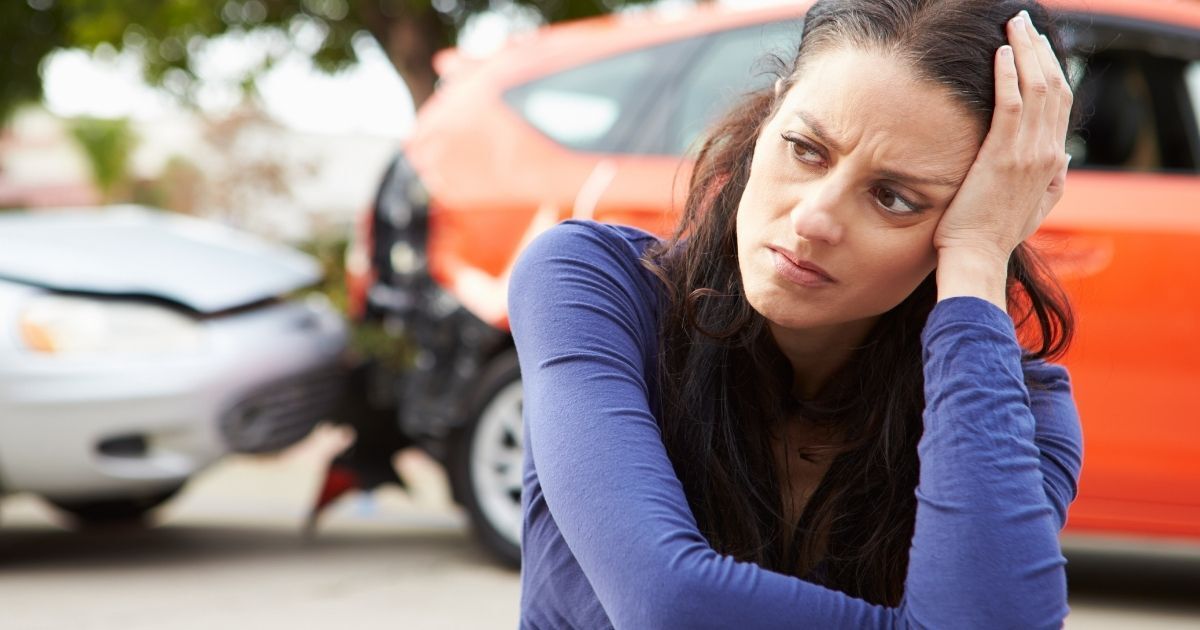What to Do After a Motorcycle Accident in Massachusetts: A Comprehensive Guide
Recent Posts
Frequently Asked Questions (FAQ)
Do I Have to Wear a Helmet in Massachusetts?
Yes, Massachusetts has a mandatory helmet law (M.G.L. c. 90, § 7) requiring all riders and passengers to wear DOT-approved helmets. Not wearing one could reduce your compensation if it’s argued that your injuries were worsened as a result, even if the other driver was at fault.
What If I Wasn’t Wearing a Helmet During the Accident?
While it’s illegal and may affect your claim, it doesn’t automatically bar recovery. Under comparative negligence, your damages might be reduced (e.g., by 20–30%) if the defense proves the lack of a helmet contributed to your injuries. A lawyer can help minimize this impact.
How Long Do I Have to File a Claim in Massachusetts?
The statute of limitations for personal injury claims, including motorcycle accidents, is three years from the date of the accident (M.G.L. c. 260, § 2A). However, waiting too long can weaken your case as evidence fades, so act sooner.
Can I Get Compensation If I’m Partly at Fault?
Yes, as long as you’re not more than 50% responsible. Massachusetts’ modified comparative negligence rule reduces your award by your fault percentage—e.g., if you’re 30% at fault and damages are $100,000, you’d get $70,000.
Why Don’t Motorcycles Qualify for PIP Benefits?
Massachusetts’ no-fault insurance system provides Personal Injury Protection (PIP) for car drivers, but motorcycles are excluded under M.G.L. c. 90, § 34A. This means you must pursue compensation through the at-fault party’s insurance or your own coverage, often requiring a lawyer’s help.
What Should I Do If the Other Driver Doesn’t Have Insurance?
If the at-fault driver is uninsured, you can file a claim through your own uninsured motorist (UM) coverage, if you have it. This optional policy is critical in Massachusetts, where hit-and-runs or uninsured drivers aren’t uncommon—e.g., in busy areas like Plymouth or Norfolk County.
What is Comparative Negligence?
Massachusetts follows a modified comparative negligence rule, your compensation drops if you’re partly at fault, and you’re barred from recovery if over 50% responsible. A lawyer can argue to minimize your fault percentage.
How Often do Serious Motorcycle Accidents Happen in MA?
Motorcycle accidents remain a serious concern in Massachusetts, with recent data over the last five years (2020–2024) painting a stark picture. From 2020 to 2022, the state averaged around 50 motorcyclist fatalities annually, with a slight uptick in 2022 to 53 deaths, according to preliminary MassDOT and National Highway Traffic Safety Administration (NHTSA) data.
Injuries are even more frequent, with approximately 1,800–2,000 motorcycle crashes reported yearly, 80% of which result in serious injury or death. In the counties of Norfolk, Bristol, and Plymouth, key areas near Boston and Metrowest, fatalities and crashes reflect the statewide trend, with Plymouth County consistently ranking high due to its mix of rural roads and busy highways like Route 3
For instance, in 2023, Plymouth County saw at least 5 motorcyclist deaths, while Norfolk and Bristol counties together accounted for roughly 10–12 fatalities annually in recent years, based on regional crash reports and news aggregates like NBC Boston.
These numbers underscore the vulnerability of riders across the state, especially in high-traffic zones, making it essential to know what steps to take after a crash to protect your health, legal rights, and financial recovery
Why are Motorcycle Accidents Dangerous?
Several key factors contribute to the heightened risk of accidents and injuries for motorcyclists:
Exposure to Danger
Motorcycles lack the protective features found in cars, such as seat belts or airbags. This leaves riders completely open to the full force of a collision.
Reduced Visibility
The smaller size of motorcycles means other drivers often fail to see them. This increases the likelihood of accidents on busy roads.
Road Vulnerabilities
Common road hazards like potholes or wet pavement, frequent in Massachusetts, are far more threatening to riders than to those in cars.
What Are the Common Causes of Motorcycle Accidents?
Recognizing the reasons behind motorcycle accidents can empower riders and other road users to prevent them. Common causes include:
Distracted Driving
Drivers distracted by texting or other activities often miss motorcyclists. This lack of attention frequently leads to preventable collisions.
Speeding
Excessive speed cuts down reaction time for riders and drivers alike. It also magnifies the severity of any crash that occurs.
Failure to Yield
Cars turning left often fail to yield to oncoming motorcyclists. This mistake is a leading cause of serious accidents
Impaired Driving
Alcohol or drug use clouds judgment and slows reflexes. This impairment heightens the risk for everyone on the road.
Lane Splitting
While illegal in Massachusetts, some motorcyclists still weave outside their designated lanes, increasing hazards.
What Are the Common Injuries in Motorcycle Accidents?
Motorcycle accidents frequently lead to serious injuries because riders lack physical safeguards. Typical injuries include:
Traumatic Brain Injuries (TBI)
Even with helmets, head impacts can cause concussions or worse. These injuries can have lasting effects on a rider’s life.
Spinal Cord Injuries
Crashes may damage the spine, leading to partial or full paralysis. Such outcomes drastically alter mobility and independence.
Road Rash
Sliding across pavement tears skin deeply and painfully. This injury can lead to infections or scarring if untreated.
Broken Bones
Fractures to arms, legs, or ribs happen often in crashes. These injuries typically require lengthy healing periods.
Internal Injuries
Blunt force can harm organs without obvious external signs. These hidden damages may surface later, complicating recovery.
What Steps Should I take Immediately after a Motorcycle Accident?
Ensure Your Safety and Seek Medical Attention
The moments after a motorcycle accident are chaotic, but your safety and health must come first. Massachusetts roads, from busy Boston streets to quieter Metrowest routes like Route 9, can pose ongoing risks if you remain in harm’s way. Prioritizing medical care also ensures your injuries are documented, which is vital for any future claims.
Move Out of Traffic (If Possible)
If you’re able to move and it’s safe, get yourself and your motorcycle out of the roadway to avoid further collisions. Turn on hazard lights or use flares if you have them to alert other drivers.
Call 911
Report the accident immediately, especially if there are injuries or significant property damage. Massachusetts law requires reporting crashes involving injury or damages over $1,000 to the police, and a police report will be key evidence later.
Get Medical Help-Even If You Feel Fine
Adrenaline can mask injuries like internal bleeding or concussions. Seek a medical evaluation right away, whether through an ambulance or a visit to a hospital in places like Framingham or Boston. Medical records tie your injuries to the accident, strengthening your case.
Document the Accident Scene
Once your safety is secured, gathering evidence is the next priority. Massachusetts is a no-fault state for some insurance purposes, but motorcycle riders don’t qualify for Personal Injury Protection (PIP) benefits, meaning you’ll likely need to prove another party’s fault to recover damages. Thorough documentation can make or break your claim.
Take Photos and Videos
Capture the scene from multiple angles—your motorcycle, the other vehicle, skid marks, road conditions, and traffic signs. If you’re on I-495 or a Metrowest backroad, note hazards like potholes or poor visibility that may have contributed.
Collect Witness Information
Get names, phone numbers, and statements from anyone who saw the crash. Witnesses can corroborate your version of events, especially if the other driver disputes fault. Going forward keep track all expenses - medical bills, repair estimates, and time off work. Save receipts and correspondence with insurers or doctors to build a strong damages claim.
Obtain the Police Report
Ask the responding officer for the report number and how to access it later. In Massachusetts, this report will detail the accident’s circumstances and may assign preliminary fault, influencing insurance or legal outcomes.
Notify Your Insurance Company
Contact your insurance provider as soon as possible to meet policy deadlines. Provide only basic details, date, time, location, and a brief description—without admitting fault or speculating.
Avoid Giving a Recorded Statement Right Away
The at-fault party’s insurer may push for a statement to minimize their liability. Politely decline until you’ve consulted a lawyer, as anything you say could be used against you.
Hire a Lawyer Right After the Motorcycle Accident
Navigating a motorcycle accident claim in Massachusetts without legal help can be daunting, given the state’s comparative negligence rules and the bias some insurers or jurors may have against riders. Look for an attorney experienced in motorcycle cases, ideally one serving the Boston Metrowest area or counties like Norfolk, Bristol, and Plymouth. They’ll understand local regulations, like the mandatory helmet law (M.G.L. c. 90, § 7), and how it impacts your claim.
Don’t Accept a Quick Settlement
Insurance companies may offer a lowball settlement to close your case fast. Reject it until you know the full extent of your injuries and losses, which could take weeks or months to emerge.
Follow Medical Advice
Stick to your treatment plan to aid recovery and show you’re mitigating damages. In Massachusetts, failing to follow doctor’s orders could reduce your compensation if the other side argues you worsened your injuries.
By following these steps, you’ll position yourself to recover physically and financially after a motorcycle accident in Massachusetts. Whether you’re riding through the high-risk zones of Norfolk, Bristol, and Plymouth counties or elsewhere in the state, acting quickly and wisely ensures your rights are protected.
Jason Ranallo - Trusted & Experienced Motorcycle Accident Lawyer in Boston Metrowest
Navigating a motorcycle accident claim in Massachusetts without legal help can be daunting, given the state’s comparative negligence rules and the bias some insurers or jurors may have against riders. Look for an attorney experienced in motorcycle cases, ideally one serving the Boston Metrowest area or counties like Norfolk, Bristol, and Plymouth. They’ll understand local regulations, like the mandatory helmet law (M.G.L. c. 90, § 7), and how it impacts your claim.
Jason Ranallo, offer free initial meetings. Bring your police report, photos, and medical records to get tailored advice on liability and potential damages. He can handle insurance claim negotiations, pushing back against adjusters who focus on cutting payouts to protect profits rather than your interests. He also helps prove liability when at-fault parties dodge blame, gathering evidence, piecing together the accident, and naming those responsible.
Jason Ranallo fights to ensure all damages, both economic and non-economic are fully recognized, securing the fair compensation you deserve to rebuild after a devastating crash.
Motorcycle accidents raise many questions for riders in Massachusetts, from legal obligations to insurance quirks. Below are answers to some common concerns to help you navigate the aftermath with confidence.










